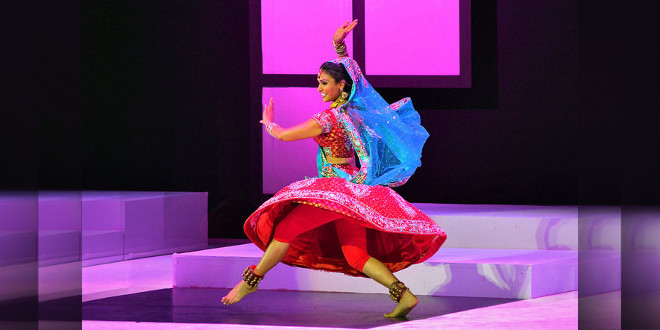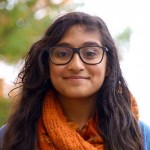
“American-Born Confused Desi” or “ABCD” has become an increasingly popular polarizing term. First coined as a somewhat derogatory term for first-generation South Asian youth, who are born and raised in the U.S.A. and have no consistent answer to the question, “Where are you from?,” are now proudly identifying themselves as Indian-Americans.
This is part of our identity. We struggle to straddle the Pacific, stay true to two countries, two cultures, and ourselves. Bollywood music finds its way onto our iPods; A.R. Rahman listed between A$AP Rocky and The Black Keys. Our inflections on Hindi words and syllables roll easily off our tongues and keep our roots alive on our lips. We grow up eating Oreos (or for some, Parle-G) with processed 2 percent milk in our chai, and spend summers in India where the milk with paper-thin whey still floating on top is delivered in plastic bags to the four-floor bungalow.
The term “ABCD” is no longer an insult, an identity in limbo, floating between India and America, and unsure of which direction to swim. Instead today, “ABCD” is a community, whose members have embraced the label and relate to each other through times of dissonance between Indian and American cultures.
Our identity as a bi-cultural community refuses to choose between two rich heritages, instead we continue to strengthen the bridge we create between the two worlds. I can attest to this because I’ve found a comfortable place between the two. I no longer have to hide my saris from my non-Desi friends because they can’t wait to wear one at the next Desi wedding, and henna is more culturally accepted than ever. Indian food too is becoming the norm take-out for a cozy night in.
And thanks to women like Mindy Kaling, Nina Davuluri and Priyanka Chopra, Desi names are becoming household names. Bollywood dance is no longer just a foreign concept because we are bridging the gap through Bollywood workout classes like Doonya and tapping our feet with Nicole Scherzinger’s “Jai Ho. Some may see our culture embedding into mainstream Western society as cultural appropriation, but I see it as a step forward in establishing who we are as a community. For me, “ABCD” is an identity that has given me a middle ground, an identity somewhere in-between America and India, and the freedom to explore all facets of our cultures, a privilege I feel lucky to have.
Contrary to its intended origins, I no longer wince at the term “ABCD,” implying that I simply have not found an authentic identity, but I proudly claim it as my only identity. And no one can take this away from me, not even Louisana Governor Bobby Jindal.
[Read Related: Open Letter to Bobby Jindal: Why Do I Need To Be Just American And Not Indian-American?]
[divider]
Mrittika Ghosh is a first-generation Indian-American from Michigan, whose family is from Kolkata. She’s currently a high school senior who likes to read, write, spend time with friends and travel.





